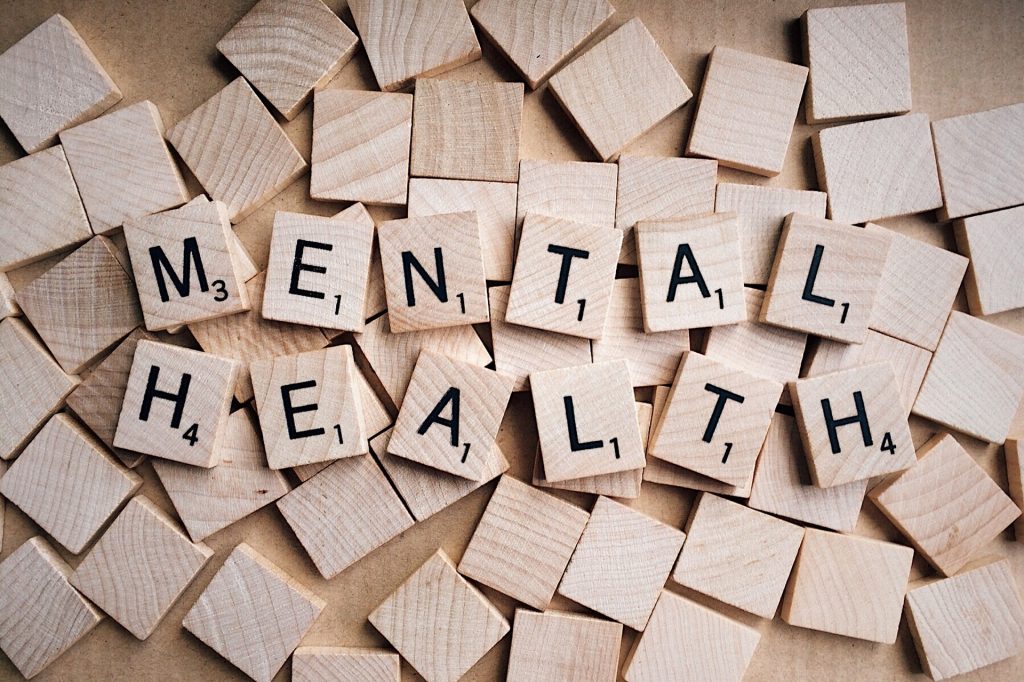A New Bill in Florida Tackles Mental Health Awareness, But There’s Still a Lot More To Do
Mental health is an often overlooked and growing issue on college campuses across the country. It’s normal, even expected, that students experience anxiety when moving to a new place, meeting new people and going through an overall change in lifestyle. Despite this shared experience, many students are hesitant to seek treatment for mental health issues. One college student is trying to change that.
With the help of Rep. Emily Slosberg, a member of the Florida House of Representatives, Florida Atlantic University student Jon Carter inspired a bill that will encourage students with mental health issues to seek help. The bill, which is still going through revisions in the Florida House, will require all Florida state schools to hold an annual “Mental Health Awareness Week” with programs and presentations to inform and encourage students to take advantage of the resources available to them.
One of Carter’s friends and classmates at FAU committed suicide a few years ago, so both Carter and Rep. Slosberg, who is also an FAU alumna, are hoping this bill will eliminate stigmas and taboos surrounding mental health.
This bill is a great first step in the fight against mental health stigmas on college campuses. It serves as the beginning of the laundry list of changes needed to improve mental health on college campuses.
There can be obstacles on the road to treatment for students that decide to seek help. Many universities do not have the money or manpower to devote to mental health services on campus. The scarcity of resources may force students to join therapy groups to avoid the long waitlist or get an individual appointment, which may or may not be with an unlicensed mental health professional in training. 
On-campus therapy sessions may not provide an in-depth psychotherapy the client needs, but rather more of a quick fix. Like Enrico Gnaulati wrote last week for Salon, “Not only is there a high chance of being treated by a relatively inexperienced trainee when students seek campus-based services, the therapy offered is likely to be of the short-term, solution-focused, crisis-management variety, with sessions spaced weeks apart,” Enrico Gnaulati said last week for Salon Media Group.
College campuses are foregoing client-therapist relationships and prioritizing risk-management—treating students as potential liabilities rather than human beings. This strategy is not only objectionable but counterproductive. People do not need to possess a degree in psychotherapy to know that ignoring early symptoms only perpetuates mental health issues until it may be too late.
Some campuses struggle with the availability and quality of mental health resources; while other schools may not encourage students to seek help at all.
Last September, the Pittsburgh-based investigative news nonprofit PublicSource, published an article on the self injury policy in the honor code at Chatham University. The policy basically stated that students could face zero-tolerance disciplinary action, such as expulsion, and be removed from campus housing if caught self-injuring, expressing suicidal ideation, or attempting suicide. About a month after PublicSource’s report, a university-appointed mental health task force removed the self-harm policy from the honor code. Chatham is not the first in its treatment of students who voice their mental health issues, and it may not be the last.
So, yes there’s a new bill in Florida that may help spread mental health awareness on campuses, and it’s a good start. But more needs to be done by university administrators, campus counseling centers and students themselves to create a more healthy and open discourse surrounding mental health on college campuses.
If you or someone you know is struggling with mental health issues, call these hotlines for help: 1-800-273-8255 (National Suicide Prevention Lifeline), 1-800-662-HELP (4357) (SAMHSA’s National Helpline/Treatment Referral Routing Service), and 800-950-NAMI (National Alliance on Mental Illness HelpLine).




